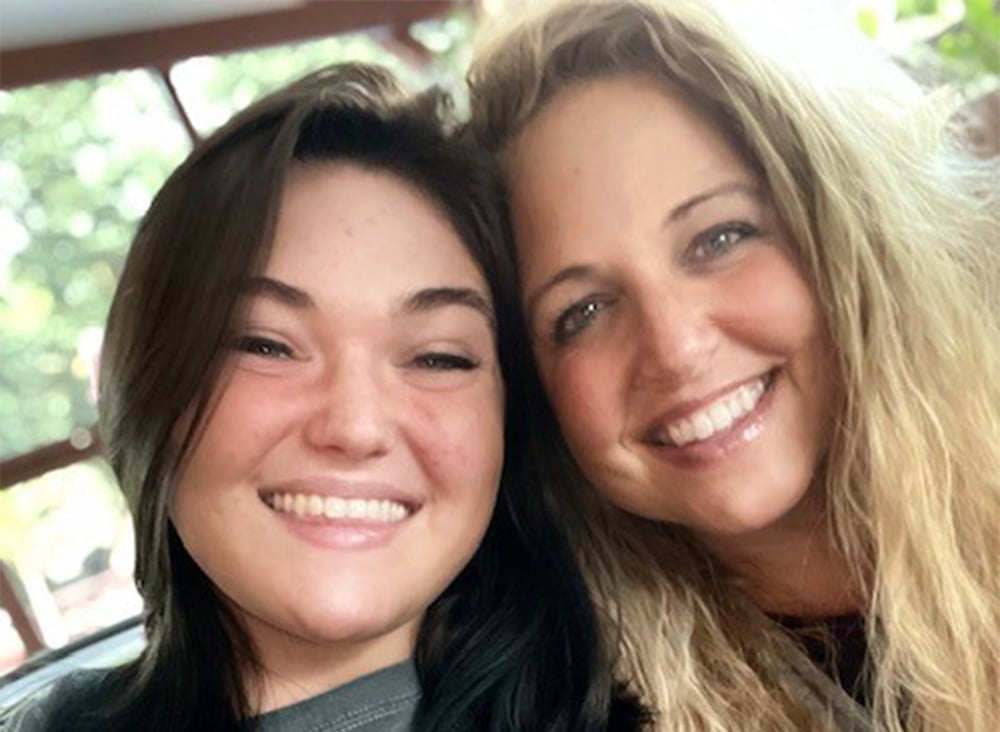
After about a year of battling depression, anxiety, an eating disorder, substance abuse, cutting, and suicidal ideation my 15-year-old daughter started telling me that I had changed. She said I wasn’t the same mother I used to be.
I always denied it. I believed that her struggles had changed her perception of me.
I was in denial and minimizing her pain so I could avoid a situation that was too devastating to admit. If I admitted how bad the situation was, I also had to admit that I didn’t know how to fix it.
When I asked my daughter what was wrong so I could help her, I wasn’t asking to hear and honor her truth. I was asking so I could refute her truth. I kept trying to convince her that she had a good life so we could go back to the way things were before.
I can only imagine how infuriating it was for her to be struggling so badly, have someone claim to want to help her, and then have her reality denied. I was making her struggle about me though.
If my daughter had reasons to struggle with so many different challenges – how could I possibly be a good mother?
I continued to deny her reality for two more years as the chaos in our home and my daughter’s addiction both escalated. My relationship with her also became incredibly strained.
When the stress started affecting my physical health to the point that I got pneumonia and my hair was falling out, I surrendered. I admitted that I was in over my head, nothing I was doing was working, and that I needed a completely different approach.
I started asking myself really important questions.
Was Helanna right that I had changed?
Was it possible that I had been the best mom I could be, and my daughter could also have experienced traumas?
Could we both experience the same events and have completely different beliefs about them – neither of us being right nor wrong?
Could I honor her truth without making it mean anything about me?
When I opened my mind with those questions, healing slowly started taking place between me and my daughter.
I developed the skill of allowing my discomfort about how she felt and not doing anything about it other than holding compassionate space with unconditional love.
One night after a cutting incident my daughter was angry and told me exactly how she felt about me and her life.
Instead of telling her she was wrong, I honored her truth.
I said, “I don’t know how we got here, but I love you”.
I reached out to hug her and it was the first time she let me hug her in about a year.
She didn’t hug me back that night, but it was the beginning of healing for both of us and the budding of a beautiful relationship built on trust and truth.